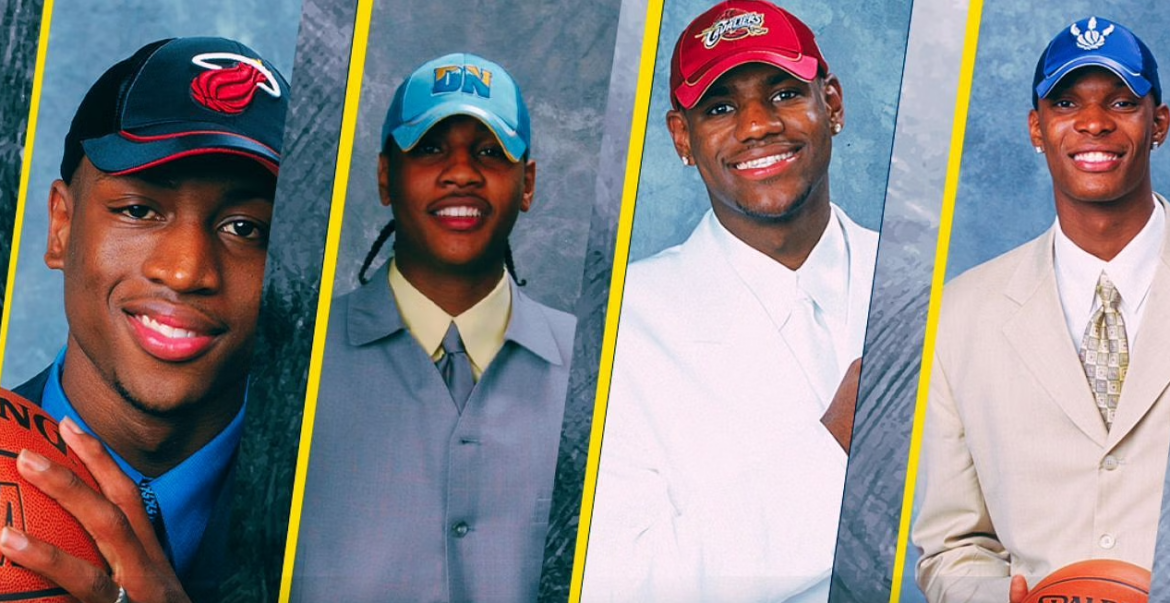Former NBA star Gilbert Arenas has added fuel to one of the league’s longest-standing conspiracy theories—that the 2003 NBA Draft lottery was rigged. During an interview on Vlad TV, Arenas expressed agreement with LeBron James’ recent comments suggesting that the draft may have been orchestrated to ensure James landed with the Cleveland Cavaliers. Arenas also shared his perspective on the NBA’s business dynamics, describing the league as more of a “business club” than a traditional sports organization.
LeBron James, widely regarded as one of the greatest players in NBA history, was selected as the first overall pick in the 2003 draft by the Cavaliers. At the time, Cleveland was a struggling franchise with a dismal 17-65 record, and James was the most hyped high school prospect in basketball history. His arrival immediately transformed the Cavaliers into a marquee team, sparking rumors that the league had manipulated the lottery to boost the franchise and capitalize on James’ star power.
James recently revisited the theory during an appearance on the Pat McAfee Show, where he jokingly remarked,
“During the lottery drop, Cleveland got the No. 1 pick and I don’t think that was an accident.”
Arenas echoed these sentiments, suggesting that the league’s business interests often take precedence over pure chance.
In his interview, Arenas elaborated on the NBA’s intricate business dynamics, comparing the league to exclusive clubs like Soho House.
“You know, when you’re talking about Roger Goodell and all them, they actually work for the owners. And the NBA is a club—no different than Soho Club—and it’s a club here, and I’m selling you on this club, which means I have to make sure everyone’s meeting their needs,” Arenas said.
He went on to explain how the league strategically places star players in markets that could benefit from their presence, ensuring overall competitiveness and financial success.
“So if, you know, we have a Cleveland and you’ve got the number one player in the country in your backyard, and that city is suffering—and they’ve been suffering for years—and the owner’s been loyal, he hasn’t really complained… then hey, you know, if it bounces Cleveland, it bounces Cleveland… I would do it,” Arenas added.
For Arenas, the NBA’s business model is a reflection of its responsibility to satisfy team owners and maintain profitability. His remarks underscore the complexities of professional sports, where decisions often extend beyond the court and into the realm of economics and branding.


